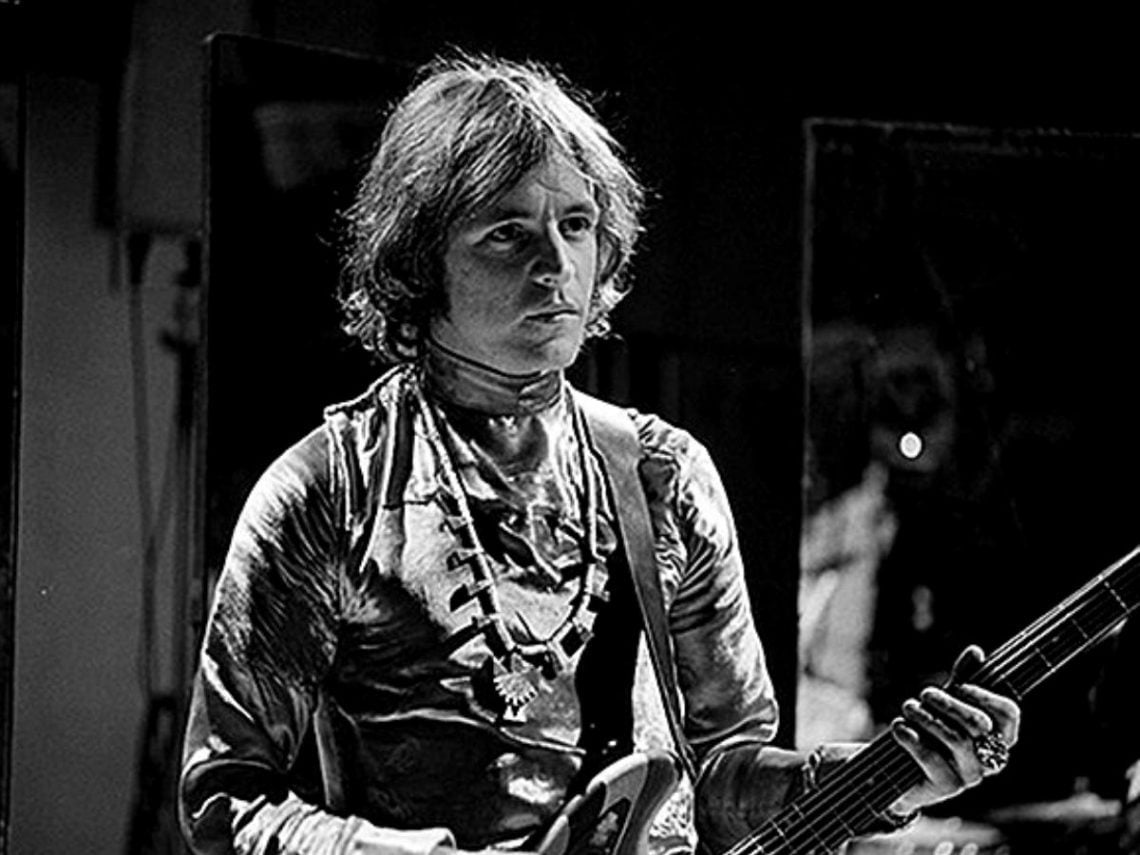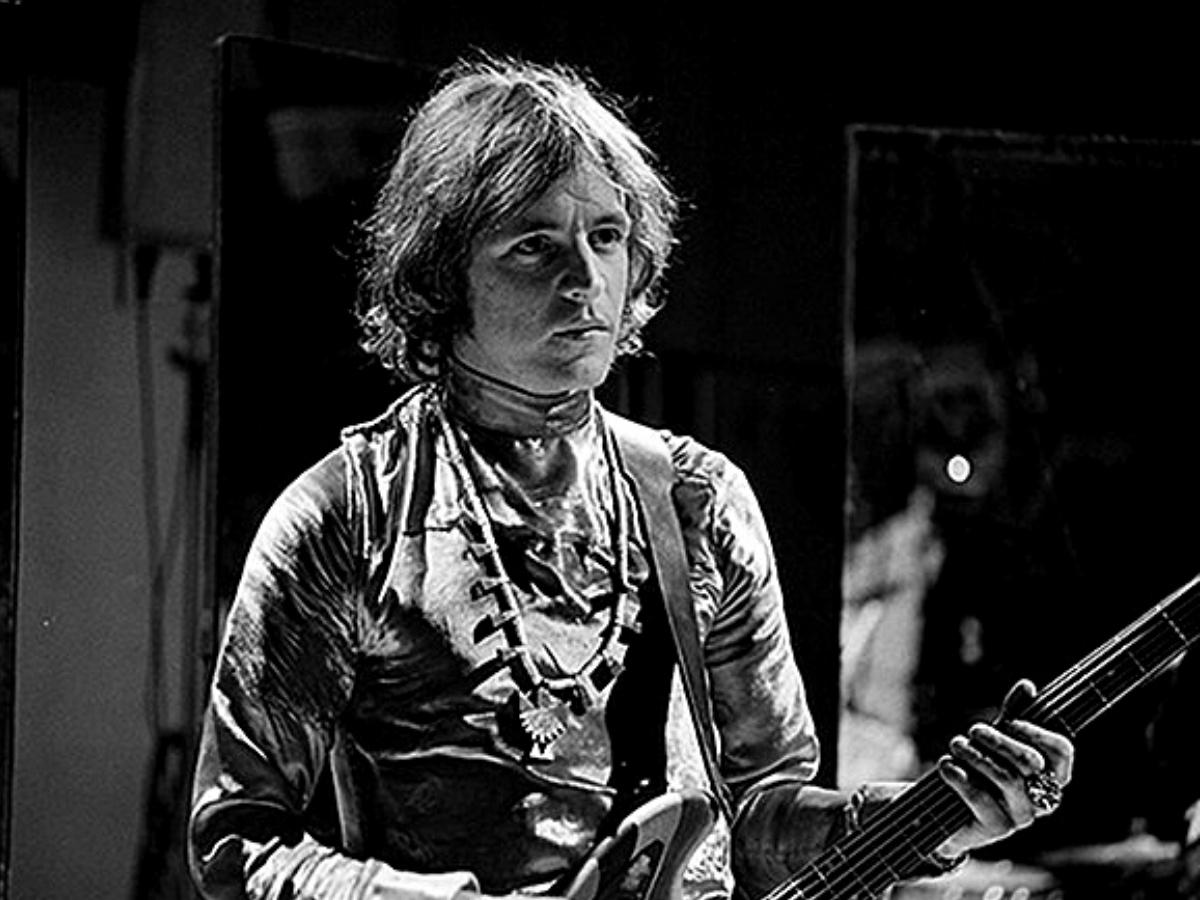
(Credit: F. van Geelen)
Mon 16 June 2025 4:00, UK
By 1966, Scottish bassist Jack Bruce was already a key name in the swinging London counterculture, playing with The Graham Bond Organisation and briefly joining John Mayall and The Bluesbreakers. Having met drumming maestro Ginger Baker and virtuoso guitarist Eric Clapton in both respective bands, a short spell in Manfred Mann preceded his founding of Cream, the power trio that conjured psychedelic rock mixed with heavy blues attack and co-writing some of their biggest hits including ‘Sunshine of Your Love’ and ‘White Room’.
Touring with Cream and beyond with his solo career and West, Bruce and Laing project, Bruce hung out and jammed with the era’s most legendary names. Sharing bills with Jimi Hendrix, cutting songs with George Harrison, and credited on sessions from Lou Reed, Soft Machine, and Carla Bley’s Escalator over the Hill jazz opera.
Boasting such acclaimed and diverse collaborations and ventures, Bruce singled out Frank Zappa from his storied creative history for an admired artistry mixed with complex feelings regarding his style of captaining.
“I’ve got a lot of respect for Frank, but it was always the Mothers that I loved, Bruce confessed to Classic Rock in 2008. “When I was living in Germany [in the early 1990s], I got a phone call from The Mothers and I went to see them. They were living in this one little room, cooking spaghetti on a little hob. And I was thinking: ‘Fuck me! This ain’t right. This is The Mothers we’re talking about here”.
Zappa was never a hippy as is often misconceived. While afforded fame via the West Coast psychedelia that exploded in the mid-1960s, Zappa cared little for the LSD chemical recreation indulged left, right and centre, and far too much of a shrewd businessman to ignore ‘The Man’ and the music industry bigwigs that stood as the hippies’ enemy.
Zappa was a freak at heart, wedded to the anti-establishment precedent of the Beat generation but cynical to the core with the flower power idyll. Indeed, 1968’s We’re Only in It for the Money excoriated the Summer of Love by featuring a scored counter to The Beatles’ Sgt Pepper’s Lonely Hearts Club Band with a discoloured collage of rotten vegetables and thunderstorms.
He was also an unforgiving taskmaster. With a reputation for fastidious creative control over his work, any recruit in his band would suffer ungodly levels of rehearsals and strict expectations to stick to the complex arrangement. Any showboating or push to add some individual flair would be met with the ungracious “Window or aisle, how would you like to return home?” With Bruce lending his basslines to 1974’s ‘Apostrophe’, it’s unclear whether he too felt the the sharp end of his authoritarianism.
Zappa would break up and reset The Mothers of Invention several times across the 1970s, leaving a sour legacy of royalty disputes, separate hotel rooms, and even overdubs of later reissues of The Mothers’ back catalogue. Dying of cancer in 1993, Zappa even managed to provoke ire in Bruce, even in death: “It really annoyed me. And what really got to me was that they inducted Frank into the Rock and Roll Hall of Fame, but the rest of the guys didn’t get any recognition. They were certainly affected badly by that”.
Related Topics
The Far Out Music Newsletter
All the latest music news from the independant voice of culture.
Straight to your inbox.
